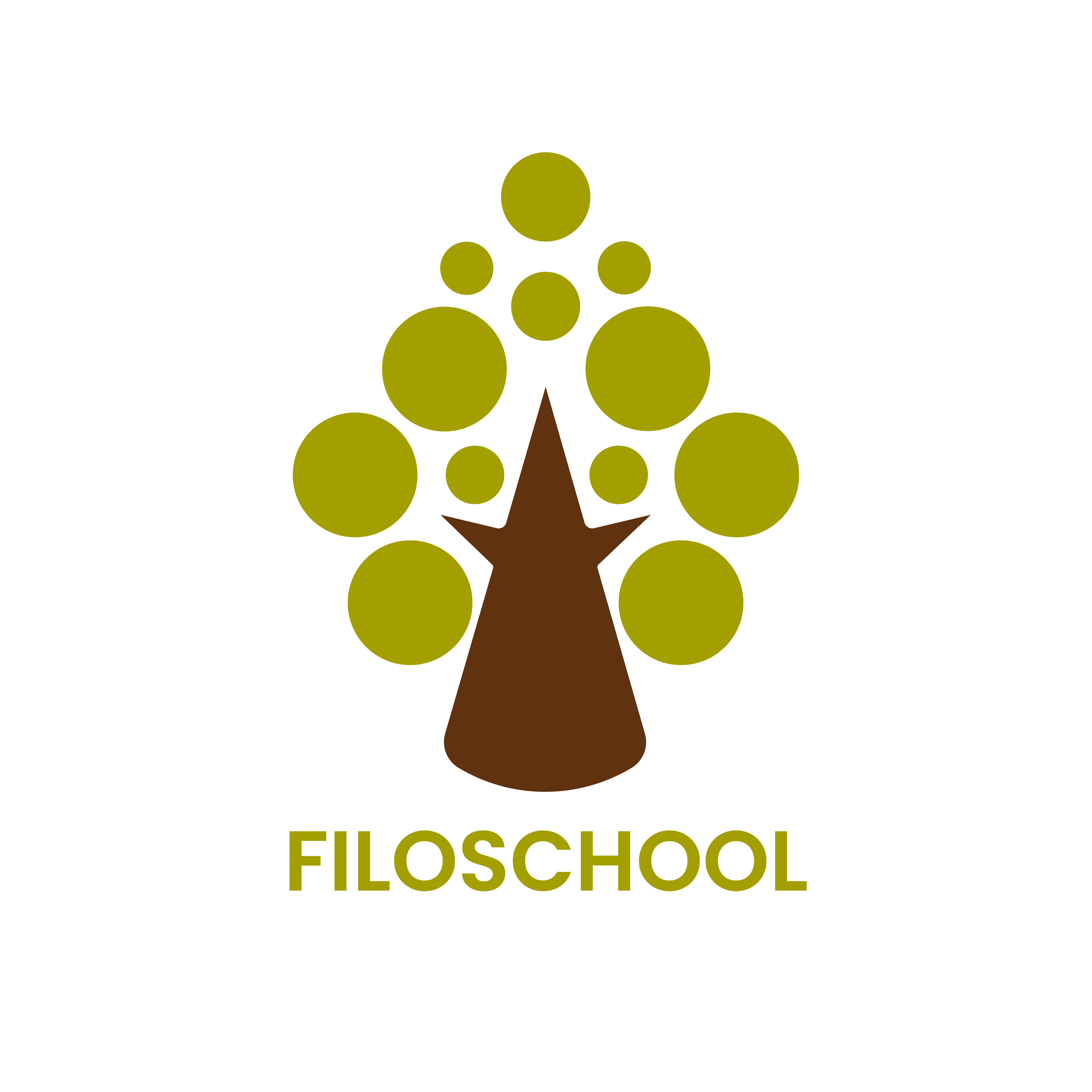Transitive verbs
Transitive verbs take direct object as complement. In other words, transitive verbs need something to complete them.
Example: eat, kill, do, etc.
I will eat an apple tomorrow.
She killed a cat yesterday.
Transitive verbs
Transitive verbs take direct object as complement. In other words, transitive verbs need something to complete them.
Example: eat, kill, do, etc.
I will eat an apple tomorrow.
She killed a cat yesterday.

